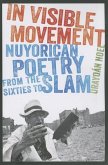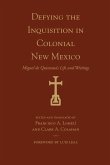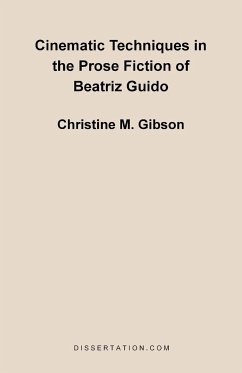Following the California Gold Rush, writing by local Latinas was increasingly published in the California Spanish-language press, including many women who were not wealthy or of elite social standing. In Vasto Pensamiento, Vast Thought: Latinas in the Nineteenth-Century California Press, Vanessa Ovalle Perez identifies a diverse selection of Latina voices, focusing particularly on social justice messages and creative works. She traces how Latinas leveraged rhetorical strategies that were both socially performative and literary in a culturally specific Latinx context. In the oscillation between expressions of intimacy and self-conscious cultural and social positioning, these women sought platforms for both their personal ambitions and social justice causes. Taking an intersectional feminist approach paired with deep historical investigation, Vasto Pensamiento, Vast Thought centers the words and stories of these women writers and public speakers, providing transcriptions and translations of numerous key texts. These include Anastasia Leyva's testimony of her brother's lynching; speeches and toasts of women who participated in Mexican Patriotic Assemblies; fiction and poetry of sisters Guadalupe and Carlota Gutierrez; and verses by the anonymous poet "Josefina." These texts offer insight when it comes to nineteenth-century Latina personal and political investments across both sides of the border, allowing us to see the connectedness of rhetorical strategy and Latina self-fashioning in the public sphere.
Bitte wählen Sie Ihr Anliegen aus.
Rechnungen
Retourenschein anfordern
Bestellstatus
Storno








